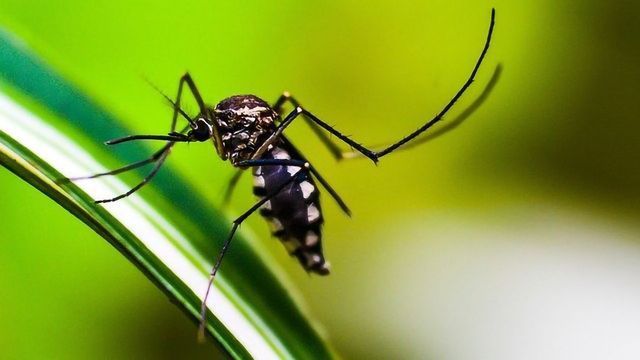Trending News
News

News
Why Our Speedy Sense of Taste Undermines the Battle To Stay Healthy
You dash into a convenience store for a quick snack, spot an apple and reach for a candy bar instead. Poor self-control may not be the only factor behind your choice, new research suggests. That's because our brains process taste information first, before factoring in health information, according to new research from Duke University.

News
How Our Immune System Responds to SARS-CoV-2 Variants
Scientists have revealed that individuals infected by early variants of COVID-19 in 2020 produced sustained antibodies, however, these antibodies are not as effective against contemporary variants of the virus.

News
Risk Areas for Zika and Chikungunya Pinpointed by Mapping Dengue Hotspots
Data from nine cities in Mexico confirms that identifying dengue fever “hotspots” can provide a predictive map for future outbreaks of Zika and chikungunya. All three of these viral diseases are spread by the Aedes aegypti mosquito.

News
Using AI To Assess Biological Activity of Natural Products
Researchers have shown how artificial intelligence methods can be used to find new pharmaceutical applications for natural products.

News
Plant Patch Enables Continuous Monitoring of Crop Health
Researchers have developed a patch that plants can “wear” to monitor continuously for plant diseases or other stresses, such as crop damage or extreme heat.

News
New Synthetic Circuits Rely on Protein Interactions, Not Transcription and Translation
MIT synthetic biologists have now developed an alternative approach to designing synthetic circuits, which relies exclusively on fast, reversible protein-protein interactions. This means that there's no waiting for genes to be transcribed or translated into proteins, so circuits can be turned on much faster, within seconds.

News
How Ebola Virus Evades the Body's Immune Defenses Revealed
Researchers have uncovered the complex cellular mechanisms of Ebola virus, which could help explain its severe toll on humans and identify potential pathways to treatment and prevention.

News
Approach Identifies Drugs That Can "Glue" Proteins Together
Researchers have developed a novel drug screening method that can test the effectiveness of therapeutic molecules designed to "glue" proteins together.

News
Assessing the Shape of Nanoparticles To Identify Cancer Type
Scientists have shown that the shape of extracellular vesicles in body fluids could be a biomarker for identifying types of cancer.

News
Slowing Down Huntington’s Disease With Gene Therapy
In a new study on mice, Johns Hopkins Medicine researchers report that using MRI scans to measure blood volume in the brain can serve as a noninvasive way to potentially track the progress of gene editing therapies for early-stage Huntington’s disease, a neurodegenerative disorder that attacks brain cells.
Advertisement






